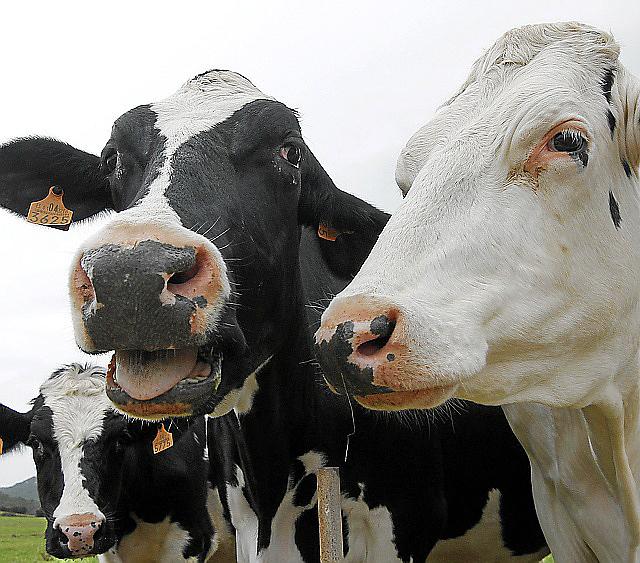Agriculture
A dreadful year for Majorca's farmers is coming to an end

Feed for livestock was in short supply because of the lack of rain. | Gemma Andreu
Palma07/12/2016 00:00
While the recent rain has improved prospects for harvests, the agricultural sector has suffered a year during which rain-fed crop production has been poor. Cereal yield is lower and the grain is smaller, while some farmers have lost whole harvests. The consequence is clear: financial loss.
Also in News
- Spain at boiling point over eggs!
- Families who were squatting in Alcudia's Bellevue now have nowhere to live
- The Mallorcan town with the longest name: it contains 21 letters and has a population of 9,227
- Now there's a proposal for a fifteen-year residency requirement to buy a home in the Balearics
- Hasta la vista beach

1 comment
To be able to write a comment, you have to be registered and logged in
It is a crying shame that this lack of rain, which has been a major problem for Mallorca for decades, if not Centuries. Irrigation was first resolved by farmers, with the Windmills bringing water, up from below the Island.Today WHEN it rains, it is only collected in The Tramuntana Reservoirs. WHY is rain not being collected ALL OVER THE ISLAND ?. There needs to be a Major Irrigation Plan for the Island. Perhaps financed from tourism, and its Tax. Perhaps a Desalination Plant, that solely supplies a complete farm irrigation system, that should have been constructed decades ago.!!!.